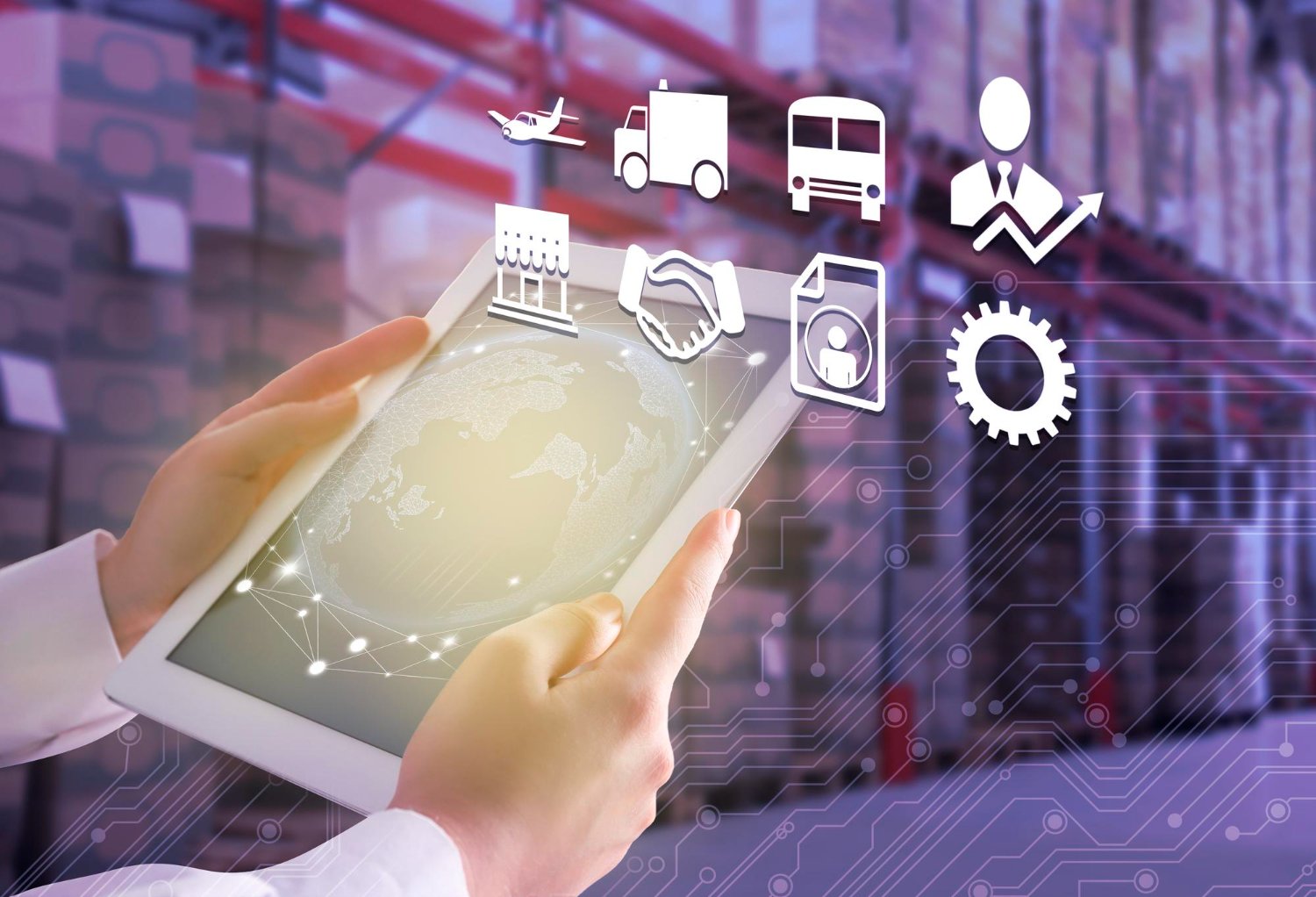
In light of the current Covid-19 outbreak, businesses are utilising technology to execute their contingency measures to prevent major disruptions, even reducing the manpower they need. As part of business continuity plans (BCP) your company has implemented, you may be splitting workers into rotational teams and isolation groups. On top of that, you might have to work out a set of foolproof contact tracking (and follow up) measures should any employees contract the virus.
One area of control that you may be struggling with is employee transport.
If you are rolling out split teams, SWAT’s transport management system can automate route planning and vehicle assignments for you. Transport schedules can be easily adjusted according to any change in your employee roster. We can do this for regular 9-5 employees and ad hoc shift workers.
Another advantage of a technology solution: deploy transport only for employees coming to the office for work. Our system takes in the work and home addresses of employees on your various split teams, generates the most efficient routes for them, and is able to recommend the number of buses for the service. Your employees then get picked up from a close-to-home location to work directly, eliminating additional contact since there are no additional transfers.
Employees use the SWATBiz app to make bookings, which has an inherent boarding verification feature. This can be used to track which buses your employees boarded, and at what day/time exactly. The system can also generate reports with this data for your use.
We can work with your existing bus operators or source buses to meet any temporary requirements. Just let us know the capacity needed and we will take care of the rest. Your employees will appreciate your efforts in providing these additional benefits for their safety.
To find out more, contact us for more information: https://www.swatmobility.com/campaigns/bcptransport

How 3PL (Third-Party Logistics) Transforms Supply Chains with Route optimisation
SWAT Mobility’s 3PL third-party logistics solutions streamline supply chain operations, optimizing route planning, and reducing costs. With tailored services, we help businesses across industries achieve efficiency and scalability.

Seamless Operations: Integrating Dispatch Management Systems with Fleet Management Systems
Integrating a fleet management system with a dispatch management system streamlines logistics operations for faster, more efficient deliveries. Discover how SWAT Mobility enhances productivity and reduces costs.



.webp)

.svg)



